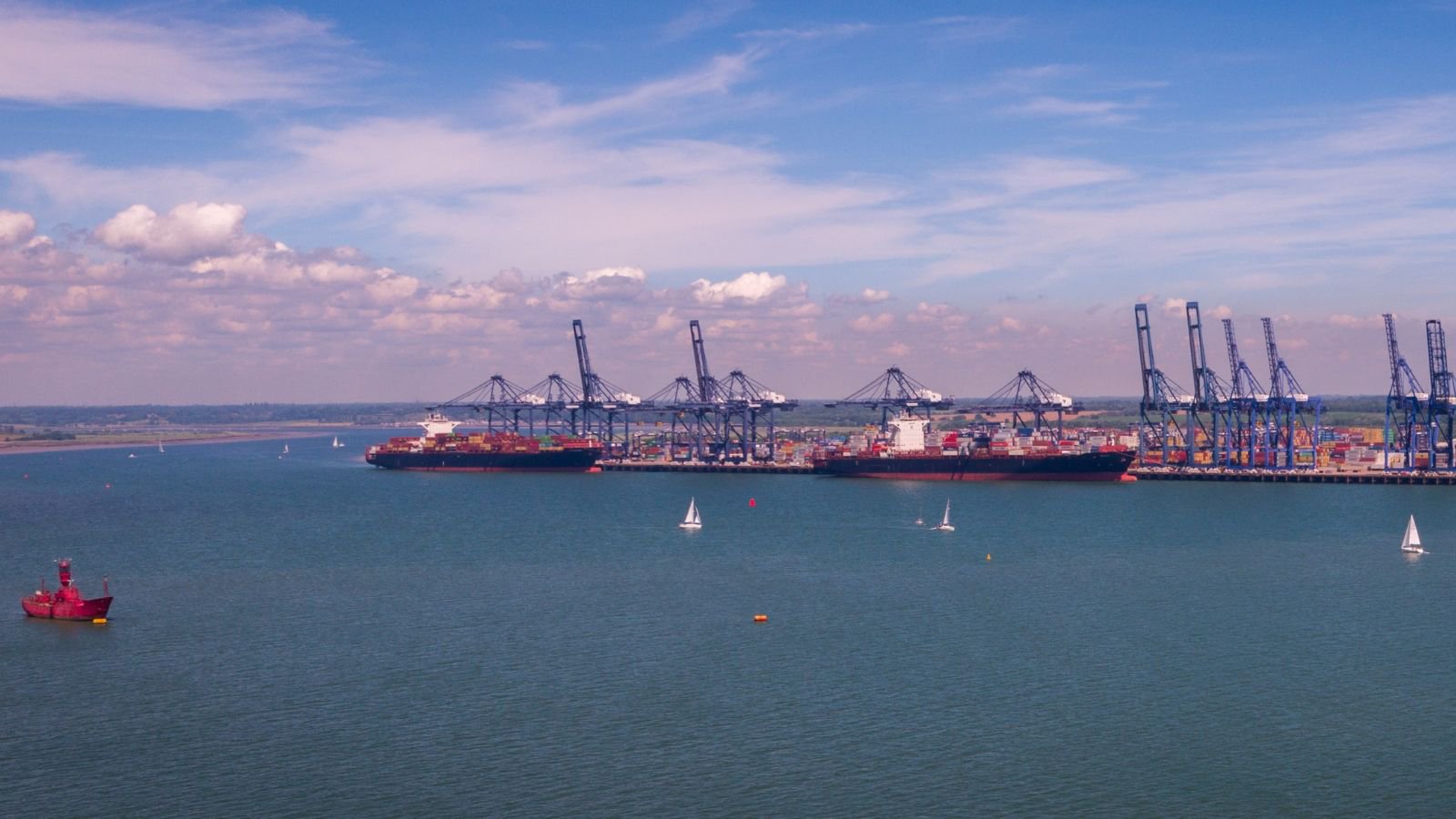Ports have been working intensively to prepare for Brexit

This article first appeared in Maritime UK's State of the maritime nation report, launched in Parliament during London International Shipping Week.
The UK’s ports sector continues play its historic and fundamental role as our main global gateways for trade, handling 95% of the UK’s trade in goods with the world. This trade, for example, puts half the food we all need on shelves and in fridges. The gateways role is also absolutely essential for other industries to survive and prosper – for example virtually all of the £100 billion of global trade value of the automotive sector passes through our ports.
But ports are so much more than points of transit for goods and people. The UK’s ports continue to evolve and growth the sustainable value they generate for their customers, the UK economy and communities all around our coast.
The ports sector continues to invest ambitiously in its capacity and capabilities. Huge projects are underway in ports such as Aberdeen, Dover and Tilbury. Multi-million pound investments are happening all around the UK. And we anticipate further major investments in the pipeline as well as the sector maintaining its admirable drum beat of more than £600 million of capital expenditure a year.
To focus only on volume would be misleading. The sector continues to grow its focus on ‘value’ rather than just tonnage. This comes through fast growing but tonne-light maritime activities such as cruise and servicing the offshore renewable energy markets. It comes through offering demanding services, such as complex lift capabilities. And it comes through growing the land-side port-centric models of value creation, offering spaces and service for logistics and manufacturing demands.
Ports are making real progress on the true foundations on long term success – innovation and sustainability. 2019 has seen the opening of the first Port Innovation Hub with more to follow. We’ve seen ports introduce autonomous and remotely operated equipment and further deliver their digital capabilities and services. Ports are increasing the electrification of their activities as a key means of improving their sustainability footprint – reducing emissions and improving air quality. This is a journey we as a sector are committed to and look forward to making further progress.
Finally, no one can escape mention of Brexit. The ports sector has been working intensively to prepare for Brexit, both on its own operations but also in broader partnership with Governments, customers and other sectors. None of us can confidently predict what Brexit will bring. But the UK’s ports sector has proved itself time and again to be resilient and adaptable. The UK can be assured that the ports sector will be doing all it can to keep trade flowing and Britain open to the world whatever Brexit scenario transpires.
The UK ports sector is rightly proud of the huge contribution it makes to the UK, customers and communities. We are ambitious to do more and are excited about what the future holds.
Richard Ballantyne is the Chief Executive of the British Ports Associaiton, and Tim Morris is the Chief Executive Officer of the UK Major Ports Group.
